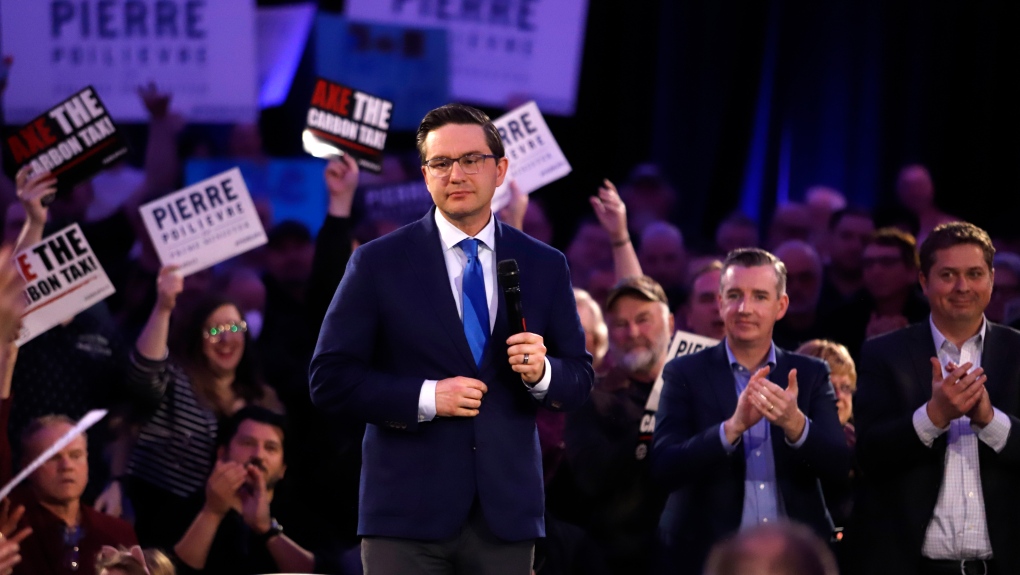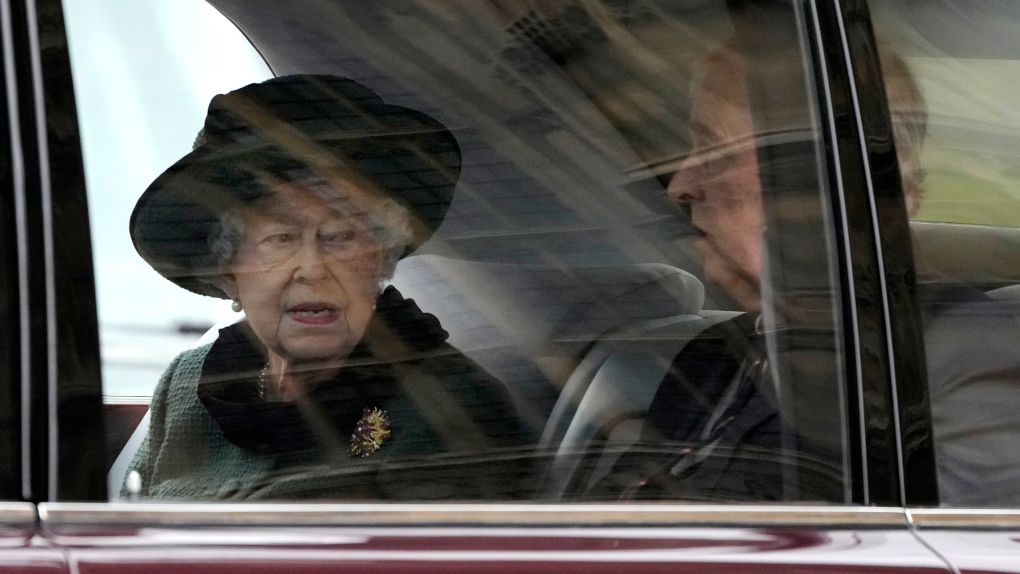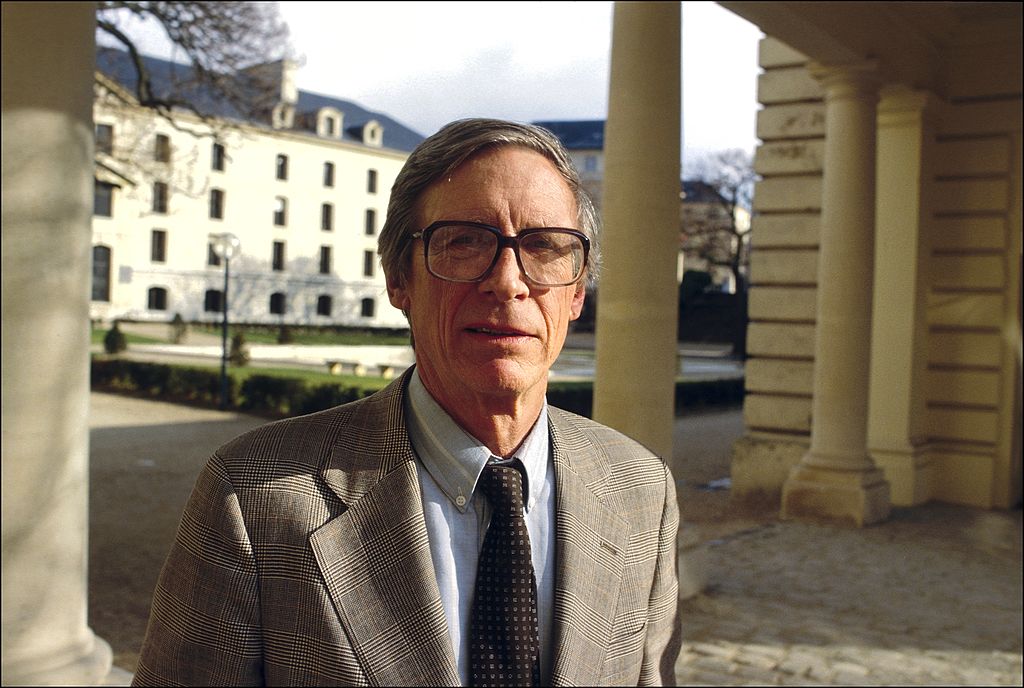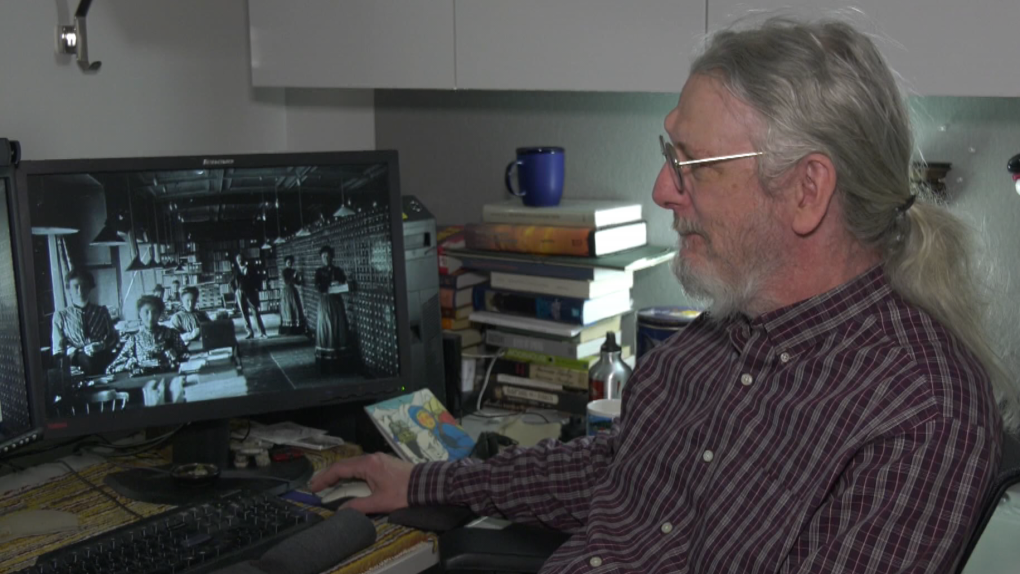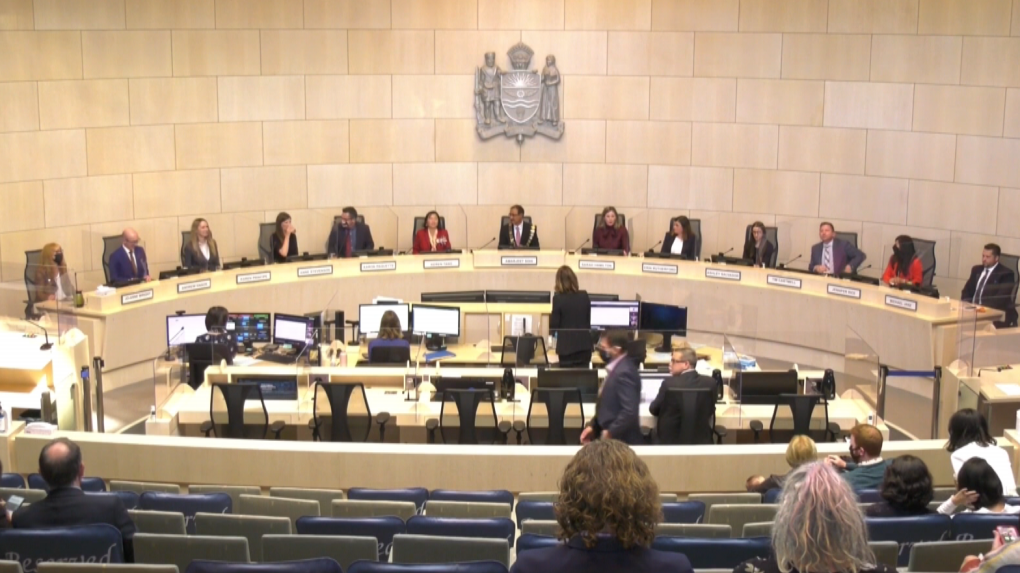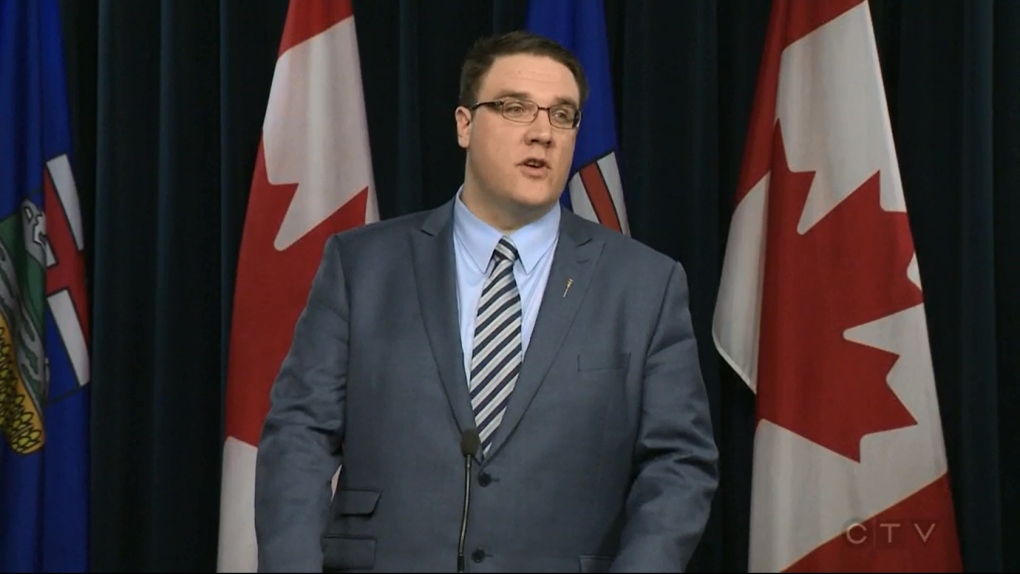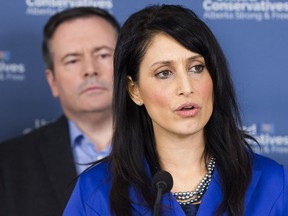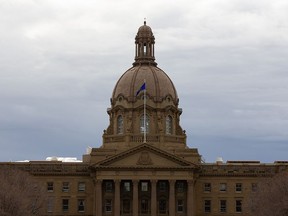Researchers develop system to track shaking within volcanoes that could provide up to 4 days notice of an eruption

Eva Corlett in Wellington
@evacorlett
Researchers in New Zealand are developing a new warning system that tracks shaking within volcanoes and could one day provide two to four days’ notice of whether an eruption is more likely.

Tonga says volcanic eruption and tsunami an ‘unprecedented disaster’
After the deadly Whakaari eruption in 2019, researchers at the University of Canterbury set out to determine whether patterns in seismic frequency (the shakes felt in the volcano) could help forecast eruptions and prevent the loss of life.
Natural Resources Engineering postdoctoral fellow Dr Alberto Ardid studied recordings from GeoNet seismometers – an instrument that measures ground noises and shaking – prior to 18 eruptions across six active volcanoes around the world, including three in New Zealand; Ruapehu, Tongariro, and Whakaari.
A machine-learning algorithm allowed Dr Ardid to sift through thousands of recordings and highlight particular frequency patterns that occurred regularly before an eruption.
The findings, which are published in Nature Communications, showed that in the three weeks, and then the few days before an eruption, there were similar changes in frequencies within some of the volcanoes.
The shakes would become slower – suggesting there was a blockage in the shallow part of the volcano and that a seal or lid had formed, which traps hot gas, builds pressure, and sometimes triggers an explosion.
“This pattern started to emerge, in our experience, around three weeks before the eruption and it peaks around two and four days before the event,” Ardid said.
“However, it is important to point out that we have observed this sealing mechanism without any eruption related,” he said. Sometimes the pressure will passively release, and other times it can explode. “That’s when it is dangerous.”
The research has picked up that Mount Ruapehu, an active volcano in the country’s North Island, is showing signs of a seal forming, Ardid said. “At this point, we’re able to say that an eruption is much more likely to happen now.”
Over the past month, strong tremors are becoming more frequent, hot gas and liquid is flowing into the crater lake and sulphur slicks are appearing on the battleship grey water near Mount Ruapehu. GeoNet, which monitors New Zealand’s geological hazards, has issued a warning over elevated volcanic unrest, saying the activity in the last four weeks is “the longest period of tremor recorded over the past 20 years”. It cannot predict if the volcano will blow – unrest does not always lead to an eruption.
A tool to definitively predict if a volcano is going to erupt does not exist. As Ardid puts it: “the holy grail of volcanology is trying to anticipate when an eruption is going to happen”. But what this research does is allow scientists to determine with greater accuracy the probability, or likelihood, an eruption will occur.
The research’s co-author, Dr David Dempsey, a Civil and Natural Resources Engineering lecturer at the University, said once the warning system has been through enough testing, and the scientists are confident enough in its accuracy levels, it could be used across the world.
Dempsey hopes they can get the tool to a stage where scientists can say there is a 10-20% chance of an eruption in the next 48 hours. “That would be considered a very, very high level of certainty.”
Determining the relative risk of eruption is important – for example, determining if there is a one-in-10 chance of eruption versus a one-in-1000. “With that information you may or may not decide to delay your visit to a mountain.”
New Zealand has 12 active volcanoes and in many cases, including Mount Ruapehu, are popular tourist destinations, or are bordered by residential areas.
“Active volcanoes, including Whakaari, Ruapehu, Tongariro, and others around the world where visitors and skiers are likely to be nearby, are unpredictable and sometimes hazardous,” Dempsey said. “Early warning systems could save lives and avoid debilitating injuries.”
